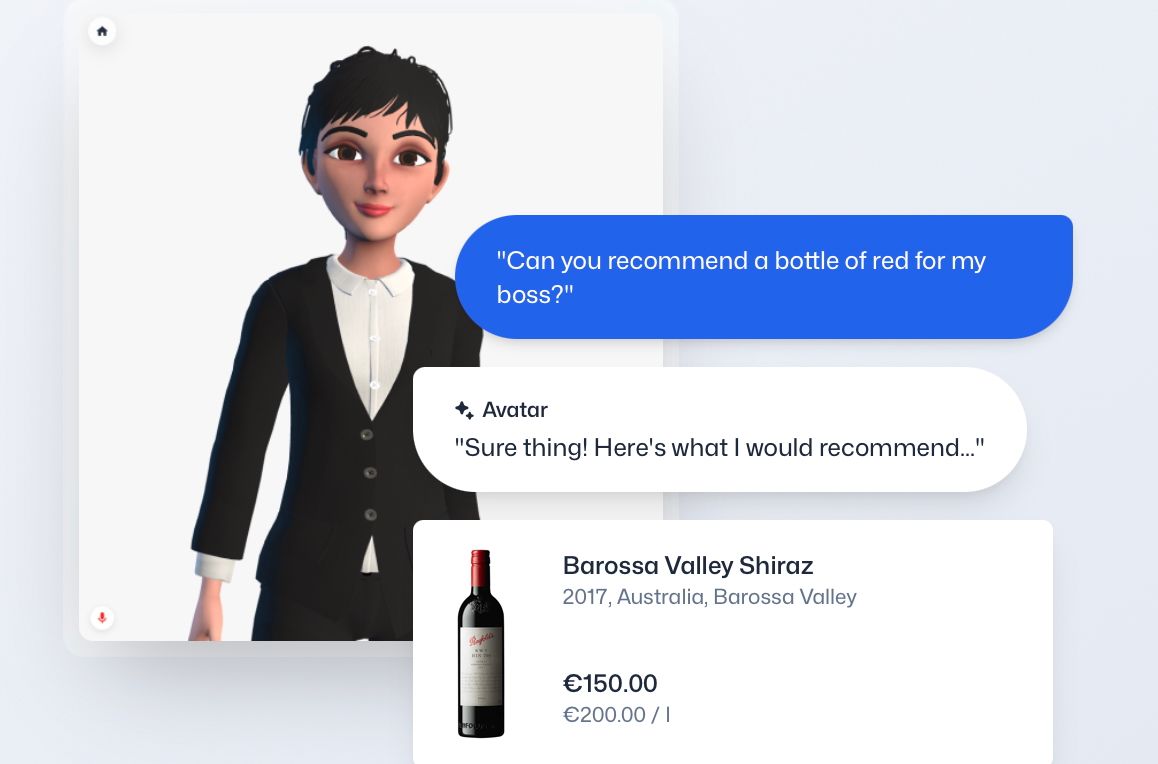Lulie Halstead, founder of Wine Intelligence and non-executive director at IWSR, sets out the four steps wine businesses should follow if they want their marketing to be as effective and impactful as possible.
My recent article on The Buyer – ‘Why wine businesses fail at marketing’ – found a wide audience and led to some very interesting conversations with colleagues in the wine industry (and beyond). In the weeks since, I have had a chance to reflect on the critique at the core of my piece, which I summarised as: “What I’ve witnessed over more than 20 years knee-deep in the world of wine marketing is that many wine businesses just simply don’t ‘do’ marketing very well.”
Now I’m wondering: was I being unfair to the wine industry? Perhaps, as well as wine businesses failing at marketing, it is also true to say: marketing is failing wine businesses.
Now don’t get me wrong, I love marketing. I’m proud to call myself a marketeer. I’ve got a masters degree in it, I’ve taught it at universities around the world and I’ve worked for over 20 years in the discipline of market research in the wine category. But all too often, we as marketeers working in and with wine businesses don’t do ourselves any favours. We don’t demonstrate the value marketing can bring.
We can be poor at communicating the tangible financial benefits that the discipline of marketing can deliver. Now the irony of this is not lost on me either. Of all people, us marketeers are supposed to be the champions of communication, and yet our message is all too often drowned out in our own organisations – and it’s our own fault.
Doing things better

Marketing guru Peter Drucker
So, here’s where I think we’re getting it wrong as marketing professionals serving wine businesses. If we go back 70 years to one of the most widely-known and influential thinkers on management, Peter Drucker, said: “Because the purpose of business is to create a customer, the business enterprise has two, and only two, basic functions: marketing and innovation.”
Well, there’s an endorsement if ever there was one for the benefits of marketing.
However, crucially, Drucker is talking about the fundamental activities of the business – the way it functions and looks at the world. As marketeers we have a tendency to focus our energies on the tactics of marketing within wine businesses: label design, communications (e.g. advertising, digital, PR) and events.
Now all of these marketing activities are really important, impactful, necessary and valid (and I am a big fan of all of these) but what about everything else? If you buy into Drucker’s principles of organisational existence, marketing is a core part of a business’s strategy, its DNA. Put it another way: a market-oriented business can run a decent tasting, but running a decent tasting does not make a business market-oriented.
Let’s go to another major business thinker of the 20th Century. Philip Kotler, the ‘godfather’ of modern marketing, who said: “Marketing is creating, communicating and delivering value to the target market at profit.”
So, doesn’t this mean the marketing function must therefore be at the heart of wine businesses, serving them to deliver value and profit?
If we agree (which I’m hopeful you will) that the discipline of marketing comprises four core elements: understanding; strategy; tactics; and communications – how should marketing better serve wine businesses to deliver these?
Step 1: Understanding
Who are our customers and what do they value? A key issue here is that all too often, we marketeers overlay our own views on what wewant from the wine rather than truly listening to the needs and wants of our actual consumers. We are, quite honestly, the worst people to have a ‘view’ as we are far too invested, educated and engaged in the wine category to be able to think and feel like ‘real’ consumers. That’s why we should be utilising valid and reliable consumer evidence and our marketing skills to ask the right questions, of the right consumers, in the right way. And then listen some more resisting the temptation to impose our own views.
Step 2: Strategy
Having diagnosed in Step 1, marketers should then develop a clear strategy for their organisation with simple, defined and measurable objectives that focus on delivering value. Strategy here is not simply ‘grow sales or market share’. It’s about identifying which segments of consumers we are going to target and with what positioning. In my experience, this phase is too often overlooked or overcomplicated, to the point that its simply too hard, boring or eye-wateringly painful for anybody else in our wine businesses to support or even understand our strategy. So it is at this point that we are generally ignored by the organisation and told to ‘go and organise a tasting’.
Step 3: Tactics
So here we have three of ourfour Ps toolkit – product, price and place. But, how often do we marketeers in wine businesses lead on product? Are we really communicating with our viticulturists and winemaking teams to help and support them in understanding what our consumers’ really value?Then there is price. Again, are we as marketeers leading on pricing strategy and are we working collaboratively with our viticulturalists, winemakers, finance and sales teams to set appropriate prices for our products? Then there’s place (aka distribution). Are we working collaboratively with our commercial and sales teams in terms of our distribution strategy?
Step 4: Communications
Our fourth marketing ‘P’ promotion, more commonly known as integrated marketing communications today. Hugely important. But, as you can see, this is the last step in the marketing journey, not the first.
What we are responsible for in marketing is central to the success of our wine organisations. Shouldn’t we be the heart and soul of any wine business? Shouldn’t we be the ones leading a cross-disciplinary rigorous, disciplined and strategic approach within our organisations rather than allowing ourselves to be relegated to being just the ‘badges and colouring-in department’ ? (Not my words by the way).
Successful businesses are market-oriented. Period. The marketing team leads this focus on market orientation. Period. As the ever frank and on-point Marketing Week columnist and business school professor Mark Ritson says: ‘Marketing encompasses the whole business, seen from the point of view of its final result. That is, from the customers point of view’
And I leave the final words back with Peter Drucker: “Because the purpose of business is to create a customer, the business enterprise has two, and only two, basic functions: marketing and innovation. Marketing and innovation produce results; all the rest are costs.”









































